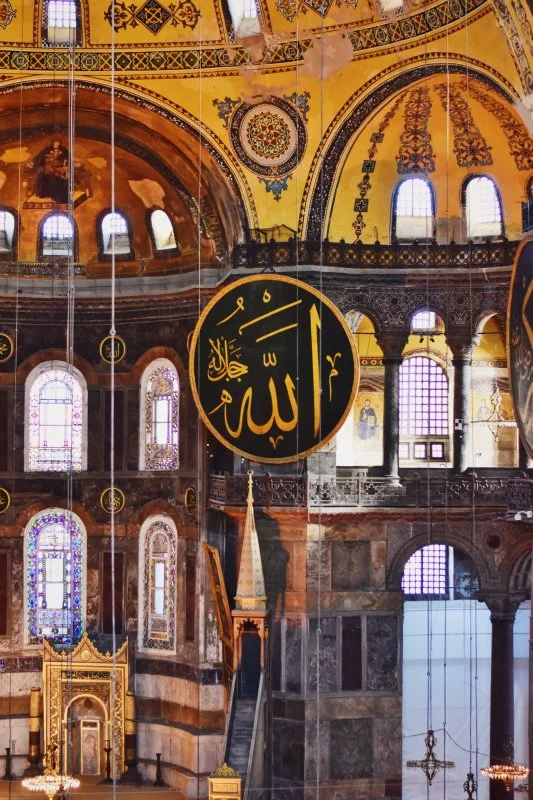My perhaps not so humble effort to strive against popular biases, stereotypes, misconceptions, and misinformation about Islam and Muslims.
Peace and welcome.
AYM Education and Consulting, LLC
Today, the word jihad has become a conspicuous part of English vocabulary. A search of the word “jihad” on Amazon.com in the category of “Islam” finds hundreds of books listed, ranging from scholarly and academic works to vitriolic anti-Muslim propaganda. In the process of jihad entering popular English usage, however, meanings are imposed on the word that Quranic usage does not support. The most insidious of these is the common rendition of the word jihad as “holy war,” or portraying jihad as an effort by Muslims to destroy the Christian West (Hannity 2016). However, jihad does not mean "holy war” (Firestone 1999, 15-17).
The lexical meaning of the word jihad is struggle/striving. There are four kinds of jihad (Ibn Rushd 341). The first of these is the effort to purify one’s heart from the influences of the devil. Because this internal effort is the most important thing a person can do it is considered more important than any other struggle, making it the greatest jihad. The second of these is speaking the truth and arguing for what is right. The third is doing good deeds, and the fourth is using force only when necessary to bring an end to aggression (Ibn Rushd 341-342). Today, the word jihad is used by a variety of Muslims striving for a variety of causes throughout the world, such as striving for social justice, or to end poverty and disease, or striving to attain knowledge that will benefit humanity (Kamali 2002, 622-623).
Force may be used when a community has been attacked (Quran 22:39-40, 9:13), or when someone has committed murder or a heinous crime (Quran 5:32). The limited use of force to counter aggression or a heinous crime is not an individual duty like the pillars of prayer, charity, fasting, and pilgrimage. When force is necessary, it is a collective duty of the community. A collective duty is fulfilled by a group on behalf of the entire community (Roy 41-43). An example of this is a standing army or police force. Misusing the term jihad as "holy war" contributes to fear and misunderstanding (Jenkins 74; Esposito 2002, 21-22).
Experts who study militants are careful to point out that so-called "militant jihadism" is a cult of violence, not a component of Islam (Jenkins 78). Jihad does not mean “holy war,” but the way the word jihad is misused in public discussions makes the word threatening and intimidating, particularly for non-Muslims. For example, on June 17, 2016, Fox News host Sean Hannity aired a special titled, “Jihad in America," which directly associated the word with violence. Such popular usage and distortion of jihad also contributes to the negative stereotyping of Islam and Muslims.
Reference List
Harvard University - Near Eastern Languages & Civilizations: Arabic & Islamic Studies
Portland State University - General Arts & Letters: Arabic & Applied Linguistics
Portland State University - International Studies: Middle East
My research interests extend from the early classical period to the present and include translation of classical Arabic texts, Quranic interpretation, women’s issues, and modern day reformist and neo-traditionalist movements.
My works address different topics and audiences, yet each is connected directly to my primary scholarship in classical texts, and each helps to bridge the past and the present in Islamic studies, while also making key sources more readily accessible to a variety of audiences and dealing with issues of critical importance in the contemporary world.
Learn MoreSubjects: Islamic History, Islamic Theology, Islamic Law, Quranic Studies, Hadith Studies, Classical Arabic
Learn MoreWhether you are seeking a general understanding of Islam, or a deeper and more nuanced understanding, I can help you find, assess, and actively engage sources in order to develop it.
Learn More